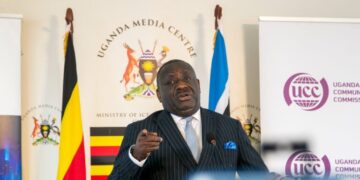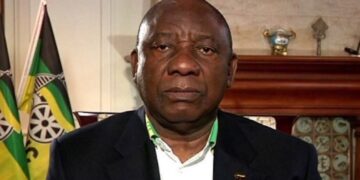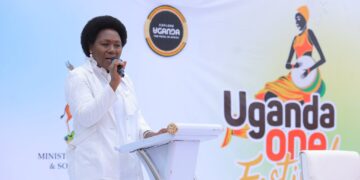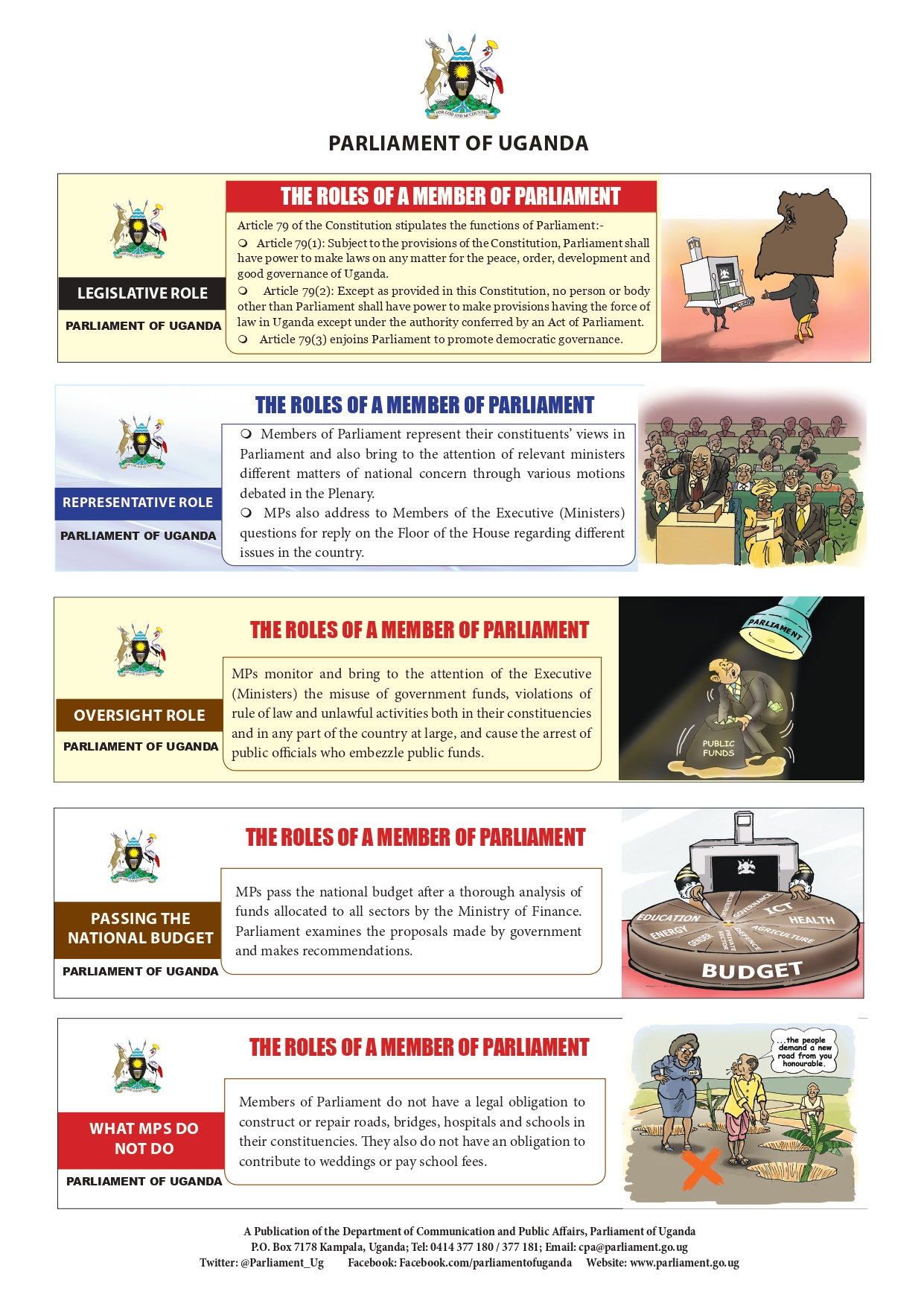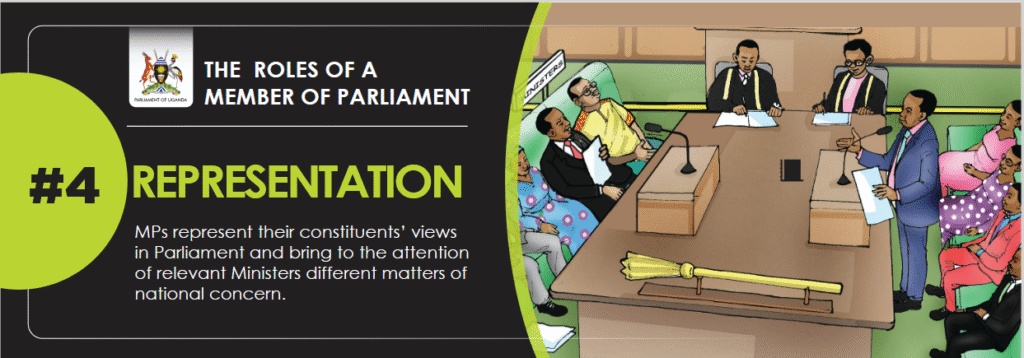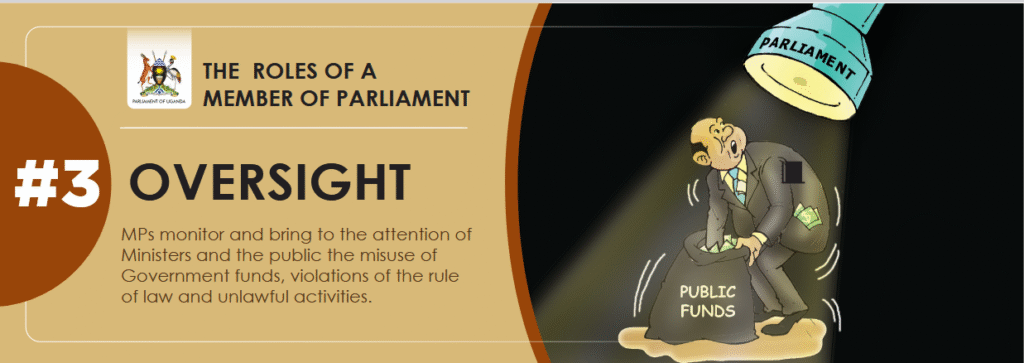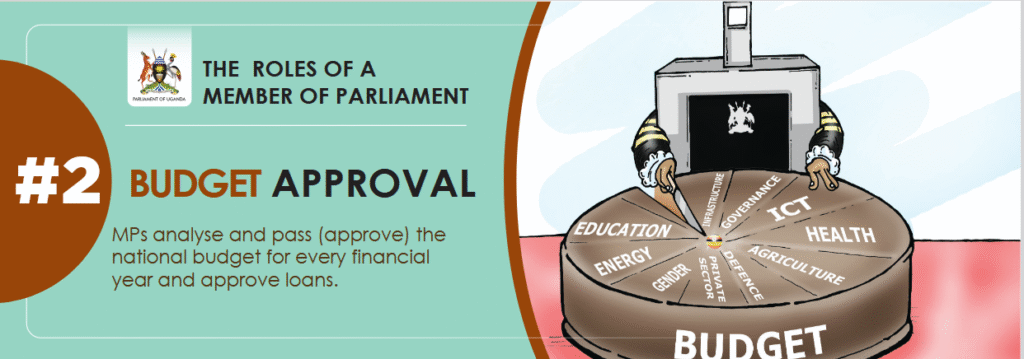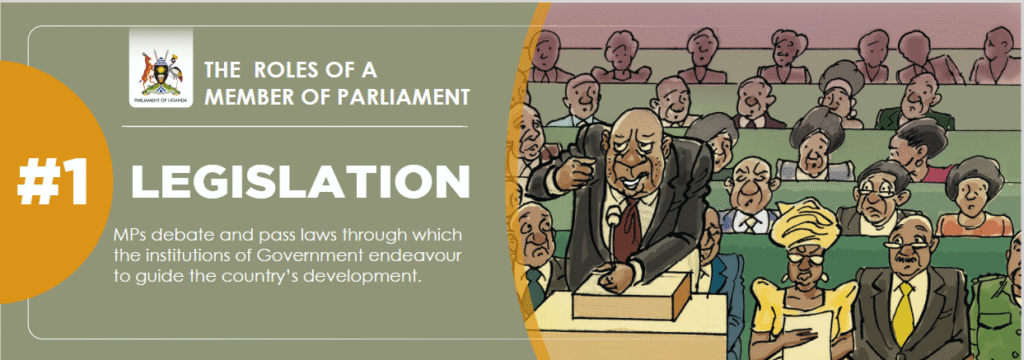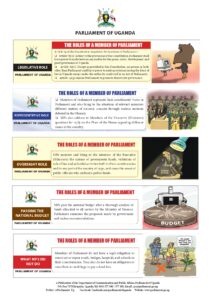By Michael Aboneka
KAMPALA, UGANDA: 25 October 2025 – The National Resistance Movement (NRM)’s presidential candidate Yoweri Museveni while campaigning in Adjumani on 20 October 2025, indicated that the NRM government will not focus on salaries and enhancement as they would concentrate on the bear minimums, which to them, after 39 years in power, they would love to concentrate on national development as bare minimum.
But we cannot achieve the national development we want if we turn a blind eye on the human resource issue. For some time now, we have grappled with the NRM’s approach to public sector salaries in Uganda which has entrenched inequality, demoralized civil servants, and undermined constitutional principles of fairness. Despite repeated demands for reform, there is no clear salary structure, no salary review mechanism in place and the disparities still persists.
More so, the debate between the science and arts teachers is not yet settled as the former earn higher than the latter all in the name of promoting science yet they are of the same profession and same scale. Education is a holistic endeavor, and marginalizing arts educators not only demoralizes them but also impoverishes the intellectual and cultural development of students. This glaring disparity alone exhibits inequality and violates the principle, equal work, equal pay and Article 21 of Uganda’s Constitution, which guarantees equality and freedom from discrimination.
Further, within the government, the salary disparities are bigger than one can phantom. For example, the State Attorneys working in the Directorate of Public Prosecutions (DPP) receive tax-free salaries, while their counterparts in the Attorney General’s chambers despite performing similar legal functions are taxed. It is further absurd and illogical that ministries, which supervise government agencies, pay their staff significantly less than the agencies they oversee. This discrepancy is not only illogical but also unjust as it signals that some public servants are more valued than others, even when their roles are comparable in scope and responsibility. While other parties and presidential candidates are promising jobs and salary enhancement, which is a good thing, the real issue is the need to conduct a human resource review of our public service to avert redundancy and promote efficiency.
A salary review is urgently needed too to address the issues raised by other political parties. Currently, our wage bill is above 8.55 Trillion Shillings which is huge and unsustainable especially when there is no correlation between the huge wage bill and effective service delivery. This bedlam can be avoided if the government empowers the operation of a Salary Review mechanism; whether a Commission or a Board which will be responsible with harmonizing pay across the public sector. We can draw inspiration from Kenya and South Africa that have functional salary review mechanisms that regularly monitor both remuneration and performance.
The salary enhancement should resonate with the results and efficiency in delivery of services to the people and perhaps, it is also time we adopted the performance-based contract model to ensure that pay reflects output and not privilege. Largely, anyone seeking term of office should be focusing on this issue and show the public how they are going to address it as it cannot be ignored as a campaign issue for all the political candidates.
Michael Aboneka is a practicing advocate and Partner at Thomas & Michael Advocates
For news stories, opinions and promotional content, contact the managing editor on Telephone 0701609906/0772609906 or send email to prince.apol@yahoo.com















